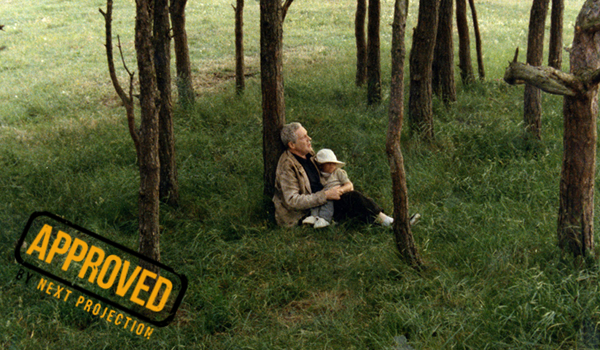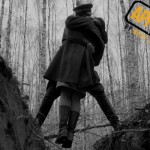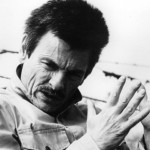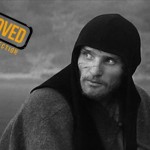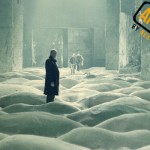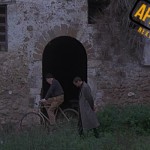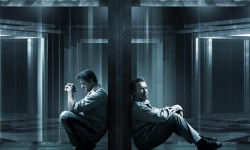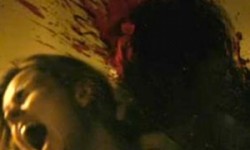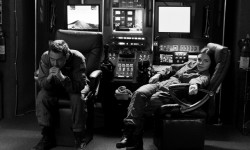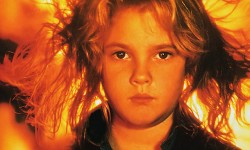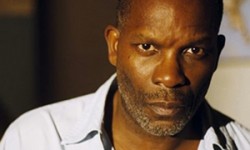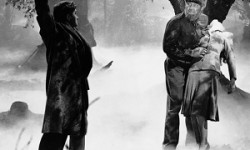
Review: Offret
The end has finally arrived. My journey through and revisitation of the feature length works of Andrei Tarkovsky has come to an end, but it was a richly rewarding experience to shine a light inward and try and tap in to the philosophical undertones and artistic mastery of the work as I saw facets of myself in his body of work. He held a mirror to humanity and in the reflection you could see the most beautiful and most terrifying elements of the human condition. The best artists do not have the answers, nor would they pretend to. They simply know which questions are the most important and can channel their own personal struggles with these questions in to something tangible to the rest of humanity. If such a thing as truth exists, it doesn’t exist in the answers to the hard questions that we pick for a lack of alternatives. Truth exists in the exploration of self and in the questions that are being asked. It is our ability to be tortured by these questions that makes us human.
Offret finds a man at a crossroads of his life. Another year has fallen off the calendar and he finds little comfort in the words and ideas that have shielded him from the harsh realities of existence. It isn’t external elements that drive these fears, but the disquietude of the thoughtful mind that fuels his pain. He has an understanding of the futility of all human action, but the incongruous importance of these actions if to act as nothing more than a symbolic gesture of humanism. He finds himself in the increasingly decaying ruins of modern civilization and is unable to find solace in the words and actions that harbored him from this decay in the past.. He is world weary, yet steadfast in his beliefs in something greater than himself. This greater thing could be an idea, a passing thought, or a futile act of desperation, what is important is the conviction in which the act is carried out.
There is a tortured yet illuminating dichotomy that exists in most of Tarkovsky’s work. He has doubts about the permanence of the impact of humanity and laments its decline, but finds the inner beauty in the acts of man. He illustrates the futility and transience of all earthly pursuits, yet aligns them with profound significance with the power of his images and ideas. He grapples with his relationship with his mother and father and they impact they had on his life throughout his entire oeuvre, yet commits similar sins in his own life. These are the contradictions that define us, and whether we realize it or not these contradictions exist in us all. We will likely never find the answers to these contradictions, nor fully understand our own nature or significance in the universe, but it is in our ability to explore these themes that makes the human condition a wealth of artistic inspiration and its subsequent study one of the most powerful tools for learning and growth.
Related Posts
Matthew Blevins
Latest posts by Matthew Blevins (see all)
- Objects of Desire - The Cinema of Claire Denis Review: No Fear, No Die (1990) - October 13, 2013
- Subversive Saturday: Pie in the Sky (1935) - August 31, 2013
- Subversive Saturday: The Bunny Game (2010) - July 21, 2013


